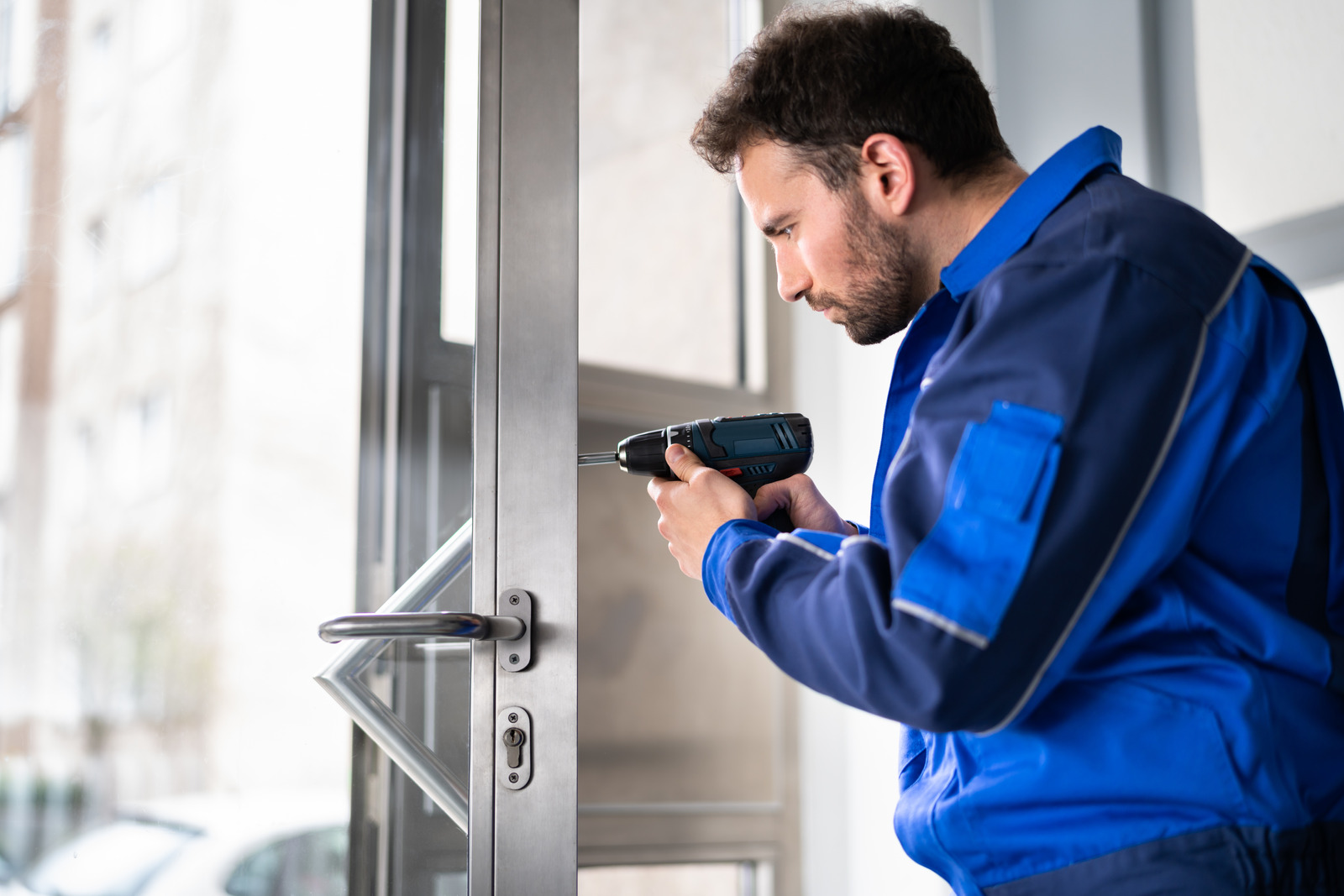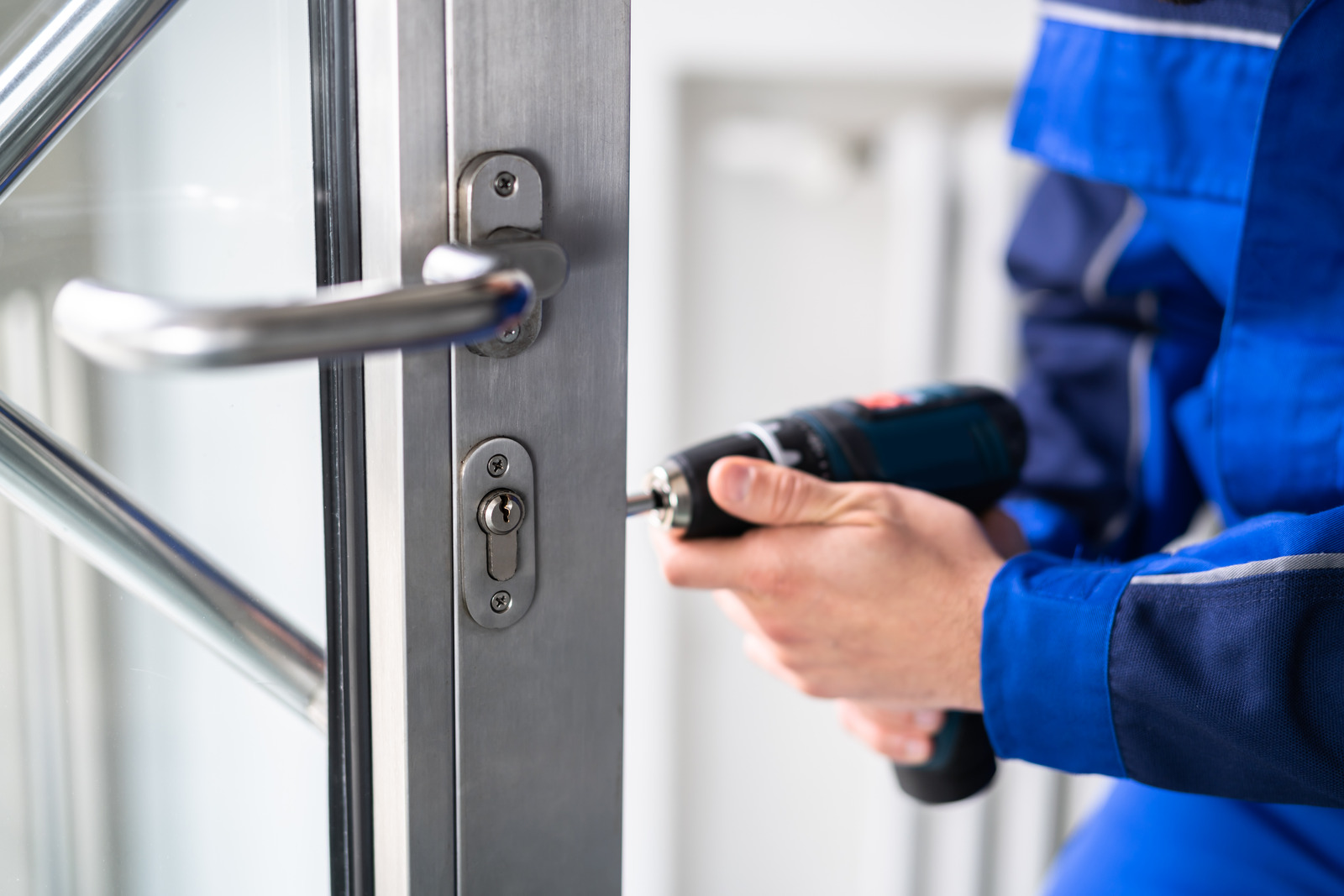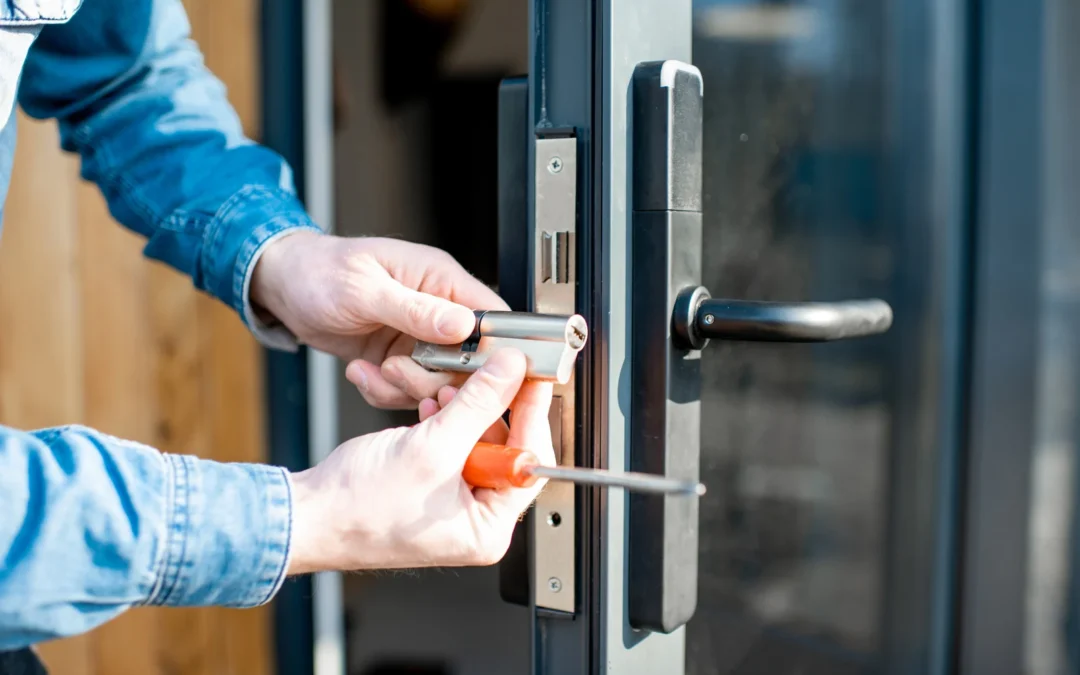Importance of strengthening access control systems
In today’s dynamic business environment, where security threats are increasingly sophisticated, it is crucial to ensure robust access control systems to safeguard your business assets, employees, and sensitive information. There are several compelling reasons why strengthening access control systems should be a top priority for your organization:
- Enhanced Physical Security: Access control systems are the first defense against unauthorized entry into your premises. Restricting access to designated areas can significantly reduce the risk of intrusions, theft, or vandalism.
- Protection of Sensitive Information: Many businesses handle confidential data, such as customer records, financial information, or intellectual property. Strengthening access control ensures that only authorized personnel can access such sensitive information, minimizing the risk of data breaches or leaks.
- Compliance with Regulations: Various industry regulations and compliance standards mandate the implementation of robust access control measures to protect sensitive data and maintain the privacy of individuals. Strengthening access control systems helps businesses adhere to these regulatory requirements, avoiding costly penalties and reputational damage.
- Customized Security Solutions: Access control systems can be tailored to meet different businesses’ unique needs and risks. Whether implementing biometric authentication, proximity card readers, or mobile credentials, strengthening access control allows organizations to deploy solutions that align with their security objectives and operational requirements.
By investing in robust access control measures, organizations can proactively mitigate risks, protect valuable assets, and foster a secure and resilient business environment for the future.

Implementing High-Security Locks and Key Systems
Implementing high-security locks and key systems is crucial for enhancing the physical security of any business premises. Investing in such systems is essential because they provide the following benefits:
- Deter Unauthorized Entry: High-security locks are designed to withstand intruders’ manipulation techniques, such as picking, bumping, or drilling. They are a strong deterrent against unauthorized entry, making it significantly more difficult for potential intruders to breach your premises.
- Protect Assets and Property: Businesses often store valuable assets, equipment, and inventory. High-security locks provide an additional layer of protection against theft or burglary, helping safeguard these assets and minimize financial losses.
- Control Key Access: High-security key systems employ advanced key control measures, such as patented keyways and restricted key blanks, which prevent unauthorized duplication of keys. This ensures that only authorized individuals, such as employees or designated personnel, can access keys, reducing the risk of unauthorized entry.
- Mitigate Internal Threats: Insider threats, including unauthorized access by disgruntled employees or former staff members, can pose significant business risks. High-security key systems help mitigate these risks by providing strict control over key distribution and access permissions, limiting the potential for internal security breaches.
- Comply with Regulations: Many industries, such as healthcare, finance, and government, are subject to stringent regulatory requirements regarding physical security and access control. Implementing high-security locks and key systems helps businesses comply with these industry standards and regulations, protecting sensitive information and assets.
Implementing high-security locks and key systems is necessary for businesses to enhance their physical security measures. By investing in these advanced security solutions, organizations can deter intruders, protect valuable assets, comply with regulations, and maintain a secure environment for employees, customers, and stakeholders.
Emergency Response and Lockout Solutions
Emergency response and Commercial Locksmith Services are vital for maintaining the safety and security of businesses. It is important for organizations to prioritize and implement effective emergency response and lockout strategies for the following reasons:
- Swift Resolution of Lockout Situations: Emergencies, whether they involve a security threat, a natural disaster, or an accident, can lead to lockout situations. Having well-defined emergency response and lockout procedures ensures a rapid and efficient resolution, minimizing downtime and potential risks to personnel.
- Protection of Personnel and Assets: During emergencies, such as a break-in, fire, or other safety threats, quick and effective lockout procedures can protect both employees and valuable assets. Locking down specific areas or securing entry points can prevent unauthorized access and enhance the safety of individuals within the premises.
- Mitigation of Potential Risks: Lockout solutions are instrumental in mitigating potential risks associated with various emergency scenarios. Whether restricting access to hazardous areas during a chemical spill or securing sensitive information during a cybersecurity incident, these measures help prevent further damage and contain the impact of emergencies.
- Compliance with Safety Regulations: Regulatory bodies often mandate businesses to have emergency response and lockout procedures in place to ensure personnel safety and compliance with safety standards. Implementing and regularly practicing these procedures helps organizations meet regulatory requirements and avoid legal consequences.
- Prevention of Further Damage: Quick and decisive lockout measures can prevent further damage or escalation in a security breach or emergency. Whether isolating compromised systems in a cybersecurity incident or securing a breach point during a break-in, timely lockout solutions are essential for minimizing the impact of the emergency.
Organizations can effectively respond to emergencies, protect their personnel and assets, and ensure a safer and more secure working environment by prioritizing these measures.

Customized Security Assessments and Solutions
After identifying potential dangers and vulnerabilities, the next step is to evaluate existing security measures and develop customized solutions based on the findings. Proactive security measures are crucial to prevent security incidents, and regular adjustment of security measures is vital to keep up with evolving threats. Compliance with regulatory requirements is ensured, and customized security assessments and solutions help to mitigate risks, protect assets, and ensure compliance in today’s dynamic business environment.
Conclusion
For businesses, customized security evaluations and arrangements are essential to protect operations, resources, and reputation. By conducting thorough assessments, companies can identify vulnerabilities, develop proactive strategies, and create tailored security measures to mitigate risks.
Collaboration with security experts and key partners can help businesses create and implement tailored security measures that effectively address identified vulnerabilities and mitigate risks. A strong security strategy includes proactive security measures, regular assessments, adjustment of security protocols, and compliance with regulatory standards.
Contact us today to schedule a customized security assessment and develop tailored solutions to safeguard your assets and operations.

